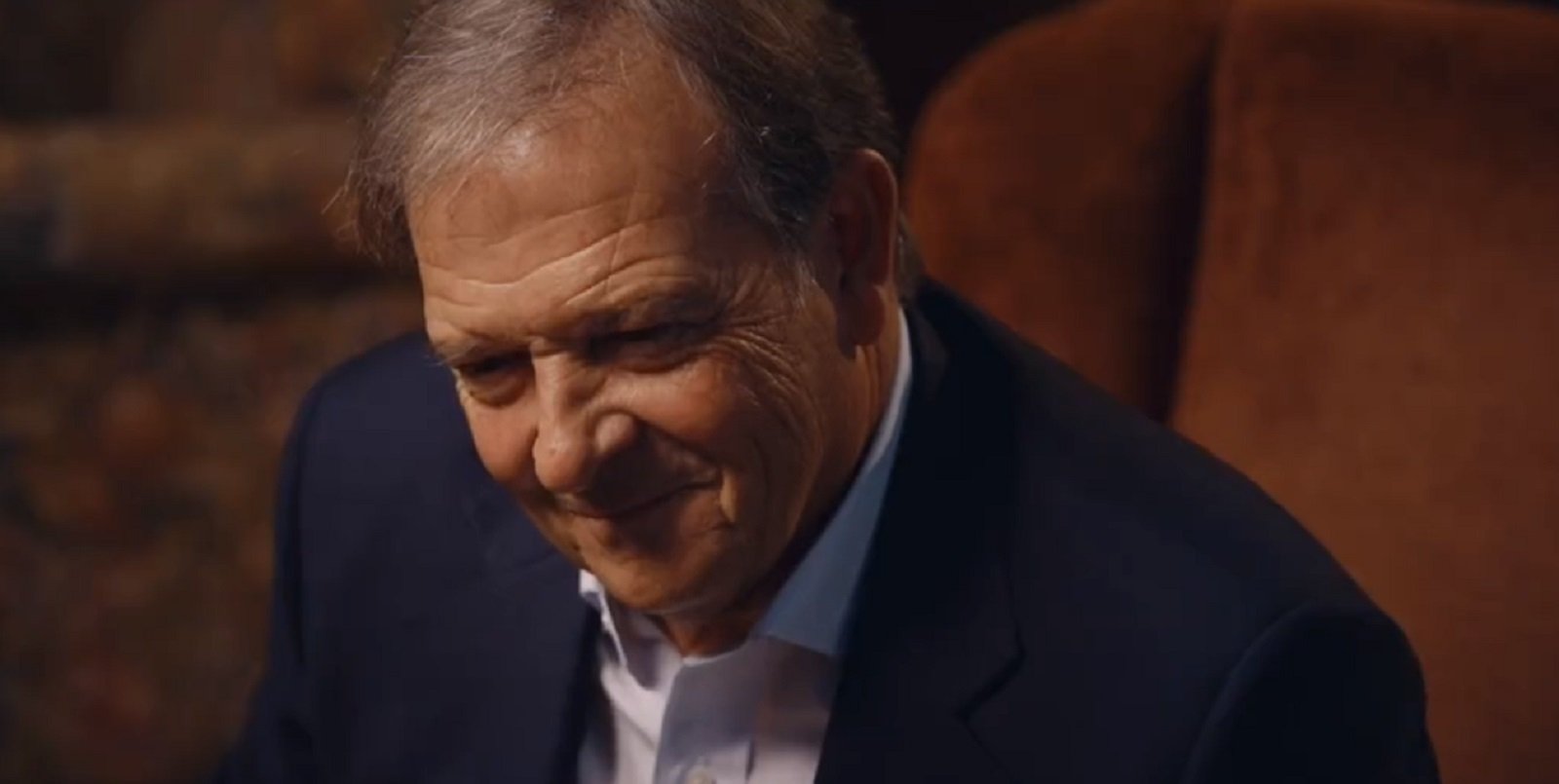For the first time, a former leader of Spain's intelligence services itself has made a self-criticism and admitted the serious damage that was done to the image of the Spanish state in 2017, first, by constant assurances that the Catalan independence referendum of October 1st, 2017, would not be held, and subsequently, when it was, denying its importance.
The man who was director of Spain's National Intelligence Centre (CNI) from 2004 to 2009, Alberto Saiz, regards it as "a major failure" and "very serious error" by the country's espionage services that the images of the vote taking place were seen, and he put the emphasis, especially, on one element: "The search was on for the ballot boxes. When the Spanish prime minister comes out saying that there will be no referendum because there are no ballot boxes, it means that someone has made a mistake. And that someone could be the CNI", confessed Saiz to the current affairs programme Salvados on La Sexta network.
Another error: Puigdemont
Beyond the ballot boxes, he also admits a second mistake: not being able to arrest Catalan president Carles Puigdemont. "They reacted late with Puigdemont. And once he had fled and was wanted by the Spanish judiciary, he was a target for the CNI." Again, they arrived late. The disaster that these failures caused, and which in the end unfolded, was visualised above all in the figure of Mariano Rajoy.
As prime minister, the PP leader stated time and again that there would be no ballot boxes on October 1st. “There will be no referendum,” he said on July 28th, 2017 after a Spanish cabinet meeting; also on August 3rd, he calmed his nervous supporters with similar words: "In all tranquility, there will be no ballot boxes"; and subsequently, on September 7th of the same year, he underlined that "the consultation will not be held under any circumstances." With all these declarations in the media archives, Saiz admits that it is the CNI that is really being shown to be at fault since it was unable to fulfill the promises made by the Spanish executive.
The CNI and king Juan Carlos
But in the Sunday night interview, Saiz also made admissions on other matters of state related to corruption. One topic was the figure of the king Juan Carlos I. Now no longer on the throne, but when the Spanish filmstar Bárbara Rey was his lover, he held the position of head of state. After years of stories about the then-king's affairs and how Rey's silence had a price, now a senior CNI official has publicly admitted how they bought her silence: "There was blackmail there on the table. Certain actions were being taken in favour of the said person so that she would have access to a certain employment contract, some publicity or something else similar. If that hadn't been done, there was a chance that someone would say that there had been an intimate relationship."
And he ends by giving the example of "Valencian television channel" whose payroll Bárbara Rey was on. The agreements to buy her silence were based on an initial payment of 25 million pesetas (150,000 euros), later a contract with Spanish public television and then an agreement was reached to pay her 600 million pesetas (3.6 million euros) for 10 years.
Admission over 2004 Madrid bombings
And another of the key issues Saiz confesses to is the mismanagement of the 2004 Madrid train attacks. To the extent that he, as a representative of one of the main protagonists in that terrible event, admits that the jihadist terrorist attack in the Spanish capital on March 11th, 2004 - which killed 193 people - could have been avoided.
"Since November 2003, the CNI had held regular meetings with the National Police Information Commission and at that time, the most powerful line of investigation was the Algerian, Allekema Lamari, who from the beginning expressed his desire for revenge against Spain. These warnings about the danger that was present were repeated until days before the attack." And he concludes: "Something more could have been done if a little more had been done in previous days, checks on and even arrest of Lamari. And in this case, [the attack] would almost certainly not have taken place because he was a main element within the group”.
Cover photo: Still from Alberto Saiz's interview with La Sexta's 'Salvados'

